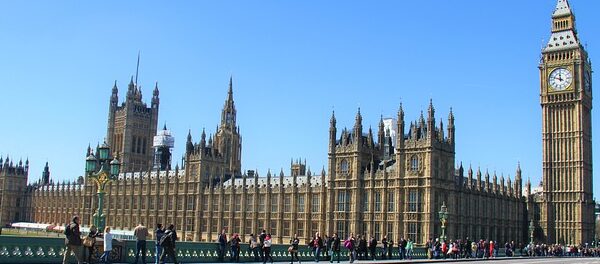On the 22nd of November 2023, Chancellor Jeremy Hunt delivered the latest Autumn Statement and announced a number of major changes.
Here’s what you need to know:
Income tax
All income tax rates will stay the same (Basic at 20%, Higher at 40% and Additional at 45%), but the government has reduced the point at which an individual pays the additional rate from £150,000 to £125,140.
This will be put in place for the rest of the current tax year and will continue for 2024/25.
Income tax allowances will also stay at their current levels.
National Insurance Contributions
The government will cut the main rate of Class 1 NICs from 12% to 10% from the 6th of January 2024 – the government say that this will provide a tax cut for 27 million working people, with the average worker on £35,400 receiving a cut in 2024/25 of over £450.
With regard to the self-employed, Class 2 NICs are being abolished starting from the 6th April 2024. This means that a self-employed worker who currently pays Class 2 NICs will now save at least £192 per year.
The government will also cut the main rate of Class 4 self-employed NICs from 9% to 8% from the 6th of April 2024.
National Living Wage / National Minimum Wage
Changes to the National Living Wage (NLW) and the National Minimum Wage (NMW) will come into force from 2024.
NLW will now be extended to 21 and 22-year-olds with the rates as follows:
- NMW – £11.44
- Those aged 18-20 – £8.60
- Those aged 18-20 – £6.40
- Apprentices – £6.40
Considering becoming an employee of Contractor Umbrella?
Give us a call on 01206 591 000 or email jaime.thorpe@contractorumbrella.com.
Email JaimeBack to Work Plan
With an investment of over £2.5b over the next five years, the government’s Back to Work Plan aims to significantly expand available support and transform the way people interact with the benefits system.
The Universal Credit sanctions regime will also be strengthened to enforce the government’s expectation that those who can work must engage with the support available or lose their benefits
Responding to the Autumn Statement, Neil Carberry, REC Chief Executive, said, “The Chancellor has taken some significant pro-business steps today, but the downgraded growth forecasts prepared by the OBR show the scale of the challenge he faces.
“We need to get the UK powering on all its cylinders to really make progress. And we should remember that – despite today’s news – we are still heading for a post-war high on the tax burden over the next few years.
“Reducing employees’ National Insurance is a great way to make work pay – and we also welcome the extension of the Restart programme and reform of fit notes as these steps will help ensure that we make the most of the UK’s labour force.
“Making full expensing permanent is also great news for business and will drive investment – but only in the sectors that can really benefit from it. Services firms – the bulk of the economy – benefit far less.
“That’s why freezing the small business multiplier on business rates was an important step, especially when the substantial rise in the minimum wage will stretch many firms after a year of low growth and higher wages already. Changes to national insurance for the self-employed will help, too.”
To find out more about contracting please contact Sophie on 01206 591 000 or email sophie.lewis@contractoumbrella.com.











